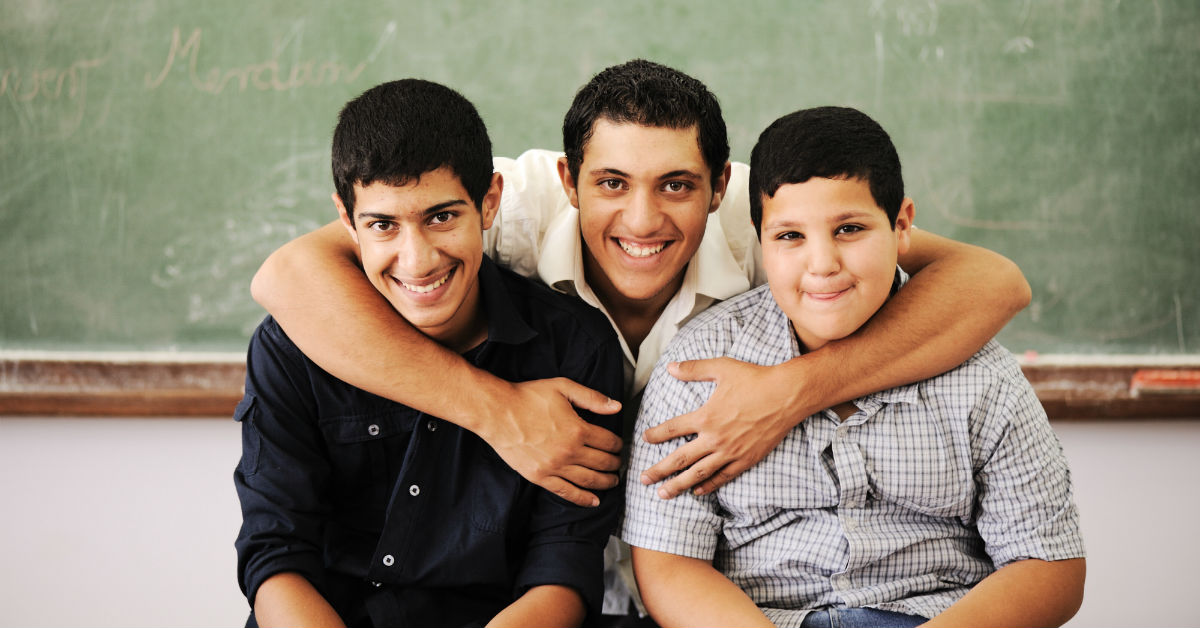While no parent wants to hear that their child is being bullied, it can feel even worse to find out that your child is the bully. However, when troubled teens turn to bullying others, often the only way the bullying teen will change is with the help of their parents.
As October is National Bullying Prevention Month, we wanted to address what parents can do when their teen is the bully and how to help your child change course.
Address Your Teen’s Bullying Actions Immediately
It is vital that you not ignore your teen’s bullying behavior. Passively acknowledging the behavior can indicate to your teen that their actions are acceptable.
To start the conversation, have your teen tell you about the bullying events. Depending on how honest your teen is willing to be can greatly affect what consequences you need to implement.
For example, if your teen joined into bullying but is honest and ashamed of their actions, a conversation on how damaging bullying can be and a short loss of privileges may be all that is required. But if your teen downplays their bullying or outright lies, you have a larger issue on your hands that may require more long-term consequences.
Develop An Open Dialogue With Your Troubled Teen
An important aspect of resolving your child’s bullying behavior is finding out why they turned to bullying behaviors in the first place. Many teens turn to bullying others because:
- Desire to fit in – By bullying someone else for their obvious differences, whether it is due to race, religion, sexual orientation, disabilities or other uncontrollable characteristics, teens believe they can cement their place as part of the “in-group” by making someone else clearly “other.”
- Power imbalance – As teens grow closer to adulthood, many of them struggle with feeling powerless, especially if there are problems at home they cannot control. These teens may turn to bullying others to feel a sense of control and power.
- Lack of empathy – Some children lack an innate sense of empathy and compassion for others, leading them to not consider the impact of their actions.
Whatever the reason your troubled teen bullied another person, help them understand how bullying is incredibly harmful to both the victim and the perpetrator. You may need the help of a mental health professional if your teen cannot understand why their actions were wrong.
Create Consequences For Bullying
There is a delicate balance to maintain when creating consequences for bullying. Some parents who have chosen to shame their teen publicly for bullying are indulging in bullying themselves, so avoid any overt shaming of your teen. To help you develop more appropriate bullying consequences, you can try:
- Removing certain privileges – If your teen has participated in cyberbullying, it makes sense to take away personal cell phones and other devices that can be used to bully someone online. While your teen may need to use a computer to do homework, these instances can be monitored.
- Changing schools – To help your teen start over and remove them from the environment that encouraged their bullying behavior, you may consider sending your teen to a new school. A boarding school for troubled teens can help bullying teens address the root causes behind the bullying and help your teen develop new coping skills.
Help Your Teen Develop Compassion And Empathy
Teens with a well-developed sense of empathy are far less likely to participate in any bullying behaviors. One of the best ways to help your teen naturally develop empathy for others is for them to work as a volunteer. Some good volunteer programs they can participate in are:
- Local soup kitchens
- Habitat for Humanity
- Senior citizen rest homes
- Animal shelters
- Food banks
Look Into Teen Programs For Help
If your teen is refusing to change their bullying ways, you may need to consider sending them to a troubled teen program like a residential treatment center.
In one of these programs, your teen will receive immersive therapy to address the underlying issues that lead them to bully others and have opportunities to work with others to change their ways. To find out more about what kinds of troubled teen programs are available, contact us today, completely free of charge.











0 Comments